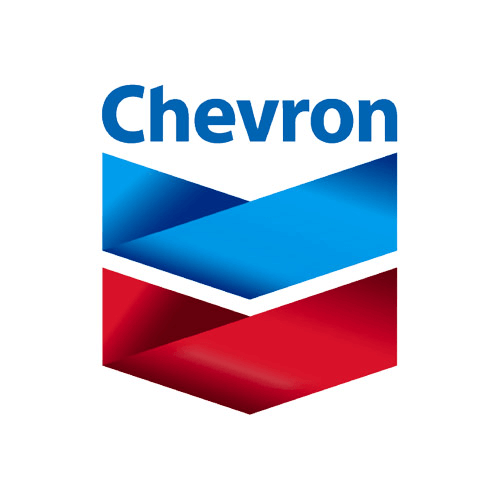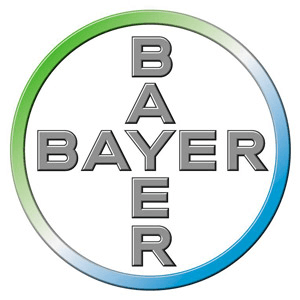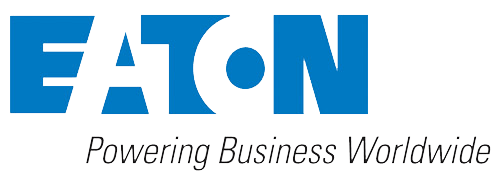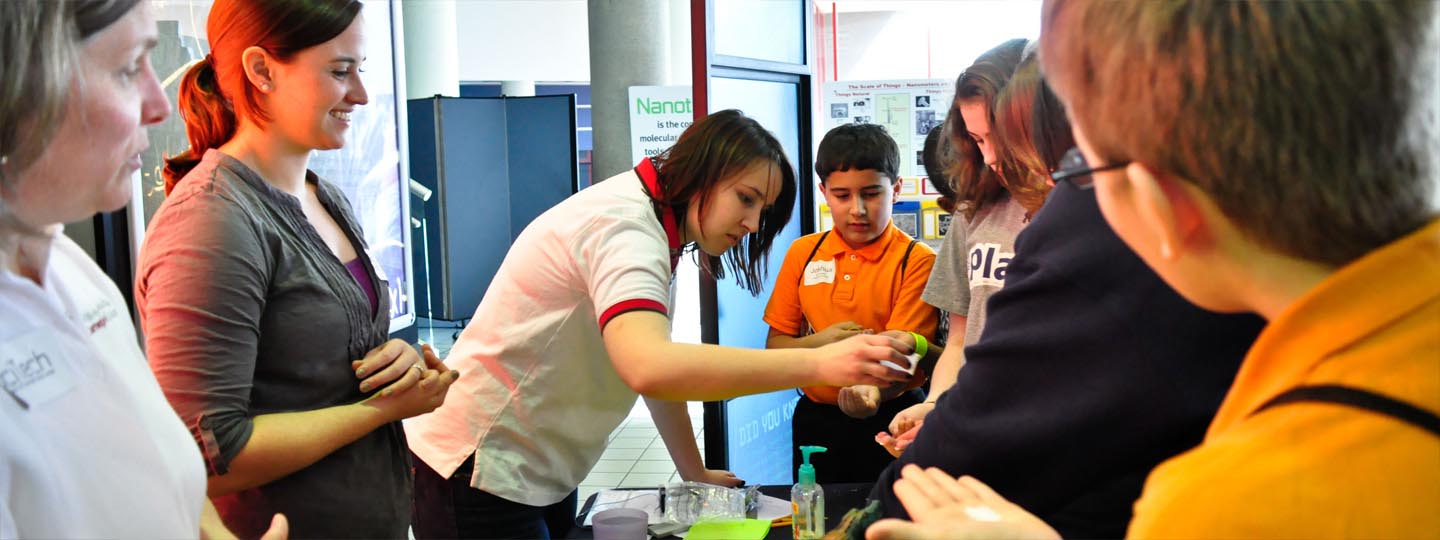
Center for STEM Education and Career Development
Our society is built on science and technology. In order to be educated and engaged citizens of the world in the 21st century, everyone needs to know and understand the basics of science, technology, engineering, and mathematics (STEM).
For our nation, and our region, to remain economically and environmentally strong and sustainable, we must ensure that the upcoming generation has strong STEM skills, both to fill workforce needs and to solve the complex problems of our times.
Carnegie Science Center launched its Center for STEM Education and Career Development to help meet these needs by fostering great teaching, inspired learners, collaboration, and a committed community. The STEM Center’s Mission and Goals are built on these four pillars.
As a proven leader in, and advocate for, informal science education, Carnegie Science Center has long demonstrated the ability to work with all of the relevant stakeholders, and to deliver high-quality, meaningful informal STEM education programming and experiences to the students of our region. Efforts are organized through the cultivation of a highly engaged community advisory group consisting of active leaders in all the relevant sectors.
The role of informal science education in STEM efforts is critical. A 2009 study by the National Research Council confirmed that exposure to informal science education – the kind of inspirational, hands-on learning that science centers provide – enables students to grasp concepts faster and more easily.
By supporting what you’re teaching, our curriculum-aligned programming encourages students to let curiosity drive them, think critically, use teamwork, and creatively express their ideas. From school assemblies and field trips to career exploration programs and educator training workshops, we’re here to prepare the next generation of problem solvers, creative thinkers, and trailblazers for an ever-changing world. Thank you to our sponsors, who aid in making STEM accessible to all students!

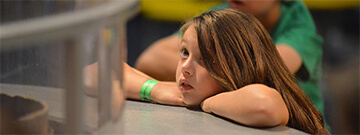
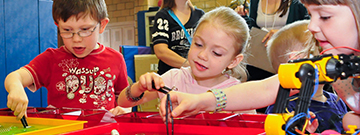
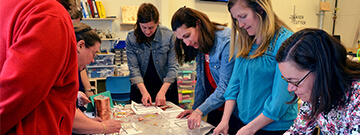
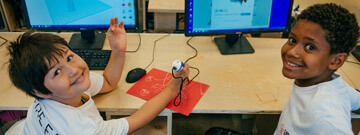
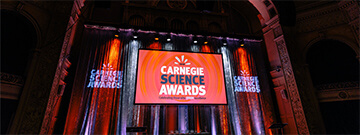
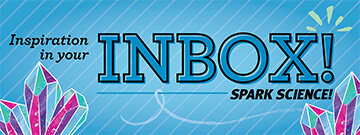
Defining STEM Education
Advancing great teaching in STEM education requires a clear and comprehensive definition of STEM education, one with the flexibility to work across the STEM education spectrum. Based on its extensive experience, and supported by research on content and best practices in education – such as the National Research Council’s A Framework for K–12 Science Education: Practices, Crosscutting Concepts, and Core Ideas – Carnegie Science Center defines STEM education as:
An integrated, interdisciplinary, student-centered approach to learning that encourages curiosity, creativity, artistic expression, collaboration, communication, problem solving, critical thinking, and design thinking.
In addition, Carnegie Science Center has determined that high-quality PreK–12 STEM education consists of the following essential components:
- Inquiry-based education – integrating the most effective, research-based teaching strategies that use curiosity and inquiry as guiding principles.
- Integrated, multi-disciplinary learning – presenting curriculum across content areas in an integrated fashion. The real world is not siloed by subject content. Education should not be either.
- Project-based group learning – engaging students in solving real-world problems, which encourage them to use skills critical for 21st century success – such as teamwork, communication, creativity, innovation, problem-solving, and critical thinking.
- Career awareness – exposing students to an array of STEM-related jobs through interaction with STEM professionals. Students learn how concepts and essential STEM competencies apply to the work environment.


